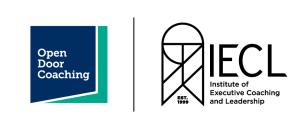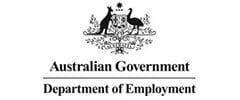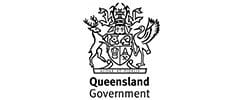What is your coaching philosophy?
A deeper dive into the ICF Core Competency changes
Deep diving into key changes
If you’ve caught our recent Coaching Café, you’ll know we’re nerding out (joyfully!) on the latest ICF Core Competency updates. We will look at the addition that coaches now “describe one’s coaching philosophy” when establishing and maintaining agreements.
What changed
The ICF updated the Core Competencies following the 2025 Global Coaching Job Analysis, a 14-month evidence-gathering process that included over 3,000 coach surveys. The outcome wasn’t a brand-new competency set, but a sharpened one:
-
5 new sub-competencies
-
11 revised sub-competencies
-
1 new definition and a glossary of terms
Among the shifts we noticed:
-
Describe one’s coaching philosophy (new emphasis within Establishes and Maintains Agreements).
Coaching philosophy: what does that actually mean?
So let’s ground ourselves in philosophy itself. Drawing on Jackson & Cox’s exploration of coaching’s philosophical roots, philosophy can be understood as:
-
The investigation of knowledge—how we know what we know.
-
A method of interacting with and questioning the world—abstract thought applied to real living.
-
Aiming at knowledge in service of effective action and living well.
Seen through that lens, coaching philosophy isn’t a list of generic “beliefs about coaching.” It’s a deeper stance about how knowledge emerges in coaching, and how that shapes who we become, what we choose, and how we act.
Why this matters for establishing agreements
The updated competency asks us to describe our coaching philosophy and clearly define what coaching is and isn’t. When you hold the generative stance above, the distinctions become much clearer:
-
Coaching is: a reflective, purposeful partnership that elicits awareness and choice; a process where knowledge and meaning are co-created in service of the client’s goals and growth (including identity-level insights at PCC/MCC levels).
-
Coaching is not: directing, telling, fixing, counselling, therapy, or being the subject-matter expert who provides solutions.
Articulating your philosophy at the outset sets expectations, protects the coaching container, and strengthens ethical practice. It also welcomes conversations about your engagement with supervision/mentoring, best practice, and technology—now explicitly called out.
Where “knowledge” fits
The word “knowledge” appearing in the competencies sparked debate. If we borrow the philosophical frame above, it becomes less threatening and more accurate: coaching helps clients generate and integrate knowledge—about themselves, their context, their choices. The key is sharing observations and knowledge without attachment, in service of the client’s agency.
We unpack that more in our next Coaching Café.
Missed the live session, catch up here
FREE Coaching Cafe Webinar
Join us
If you are a regular, you know the vibe and the great contribution that you make to our discussions; so we look forward to welcoming you and offering you a value-packed 30 minutes each Friday.
If you’ve not joined us for a Coaching Café, now is your opportunity to schedule this time for your professional and personal development. In addition, you have the opportunity to collect ICF CCEU’s for FREE. In no time at all, you’ll be looking forward to Friday lunchtimes, just like we all do!








































